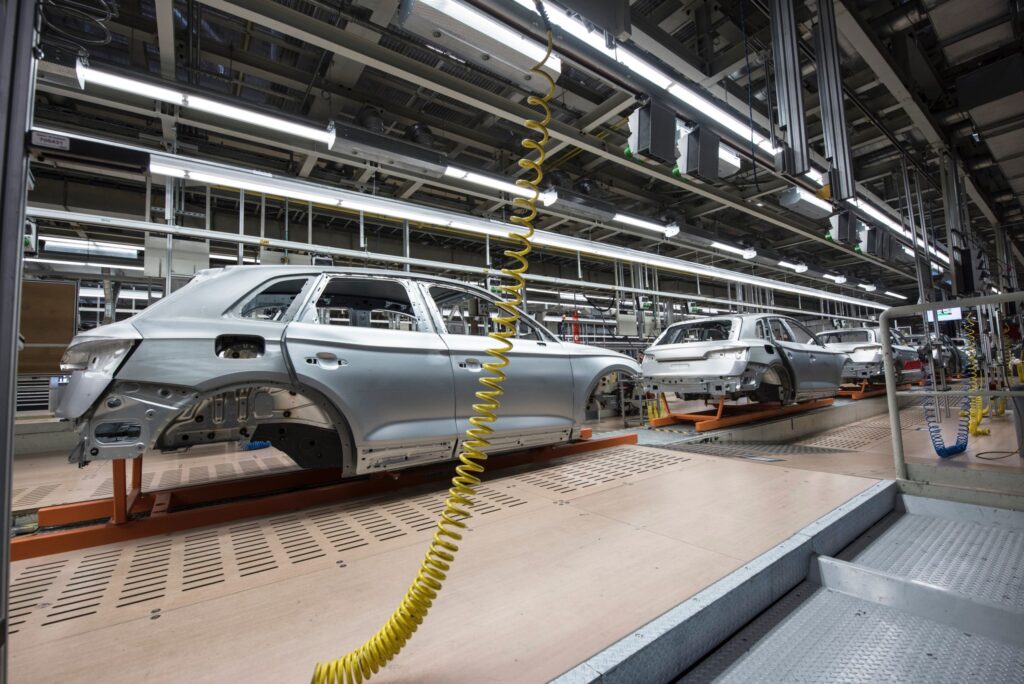Home Case Studies Decarbonising Facilities for an Automotive Manufacturer
Situation
A US automotive equipment manufacturer set its sustainability objectives to reduce scope 1 and scope 2 GHG emissions intensity by 30% by 2030 from a 2019 baseline and to source 15% more renewable energy by 2030.
Impact
- Identified CAPEX in excess of $65m programmed over 4 years.
- Met savings threshold of 5 years RoI for the investment committee.
- Supported a 15% decarbonisation of the portfolio when extrapolated.
Solutions

Situation
A US automotive equipment manufacturer set its sustainability objectives to reduce scope 1 and scope 2 GHG emissions intensity by 30% by 2030 from a 2019 baseline and to source 15% more renewable energy by 2030.
Solution
The business has manufacturing facilities and engineering and technology centres globally. Its need to decarbonise facilities has been accelerated through supply chain pressure exerted by automotive customers.
Anthesis was commissioned to complete American Society of Heating, Refrigerating and Air-Conditioning Engineers (ASHRAE) level 2 audits of 15 facilities covering Europe, North America, and APAC. The sites have energy-intensive facilities with a wide range of process engineering and production technologies employed across each.
From the surveys, Anthesis identified energy efficiency measures ‘employing Kaizen and lean six sigma approaches’ totalling 7% energy savings with little or no investment.
Anthesis developed energy conservation measures (ECMs) incorporating AI control methods, motor upgrades, heat recovery, power factor correction, and transformer upgrades supporting a further 14% reduction in energy and carbon across the audited sites.
ECMs have been advanced to investment grade and consolidated in lifecycle investment models which have been presented to the Chief Financial Officer and Engineering Director for sign-off in 2023 CAPEX budgets.
Furthermore, Anthesis developed a lifecycle investment methodology to support the business to understand the benefit of operational and capital investments to support its long-term goals.
Impact
Anthesis delivered investment grade audits that allows the manufacturer to move to programmes of capital works.
This resulted in:
- Reduced operational expenditure
- Protection from energy price inflation and volatility
- Security of supply
- Supported realisation of decarbonisation goals
By conducting these audits, Anthesis’ recommendations support the manufacturer to reach its 2030 scope 1 and scope 2 sustainability goals.
Key impacts:
- Identified CAPEX in excess of $65m, programmed over 4 years
- Met savings threshold of 5 years RoI for investment committee
- Supported a 15% decarbonisation of the portfolio (when extrapolated)